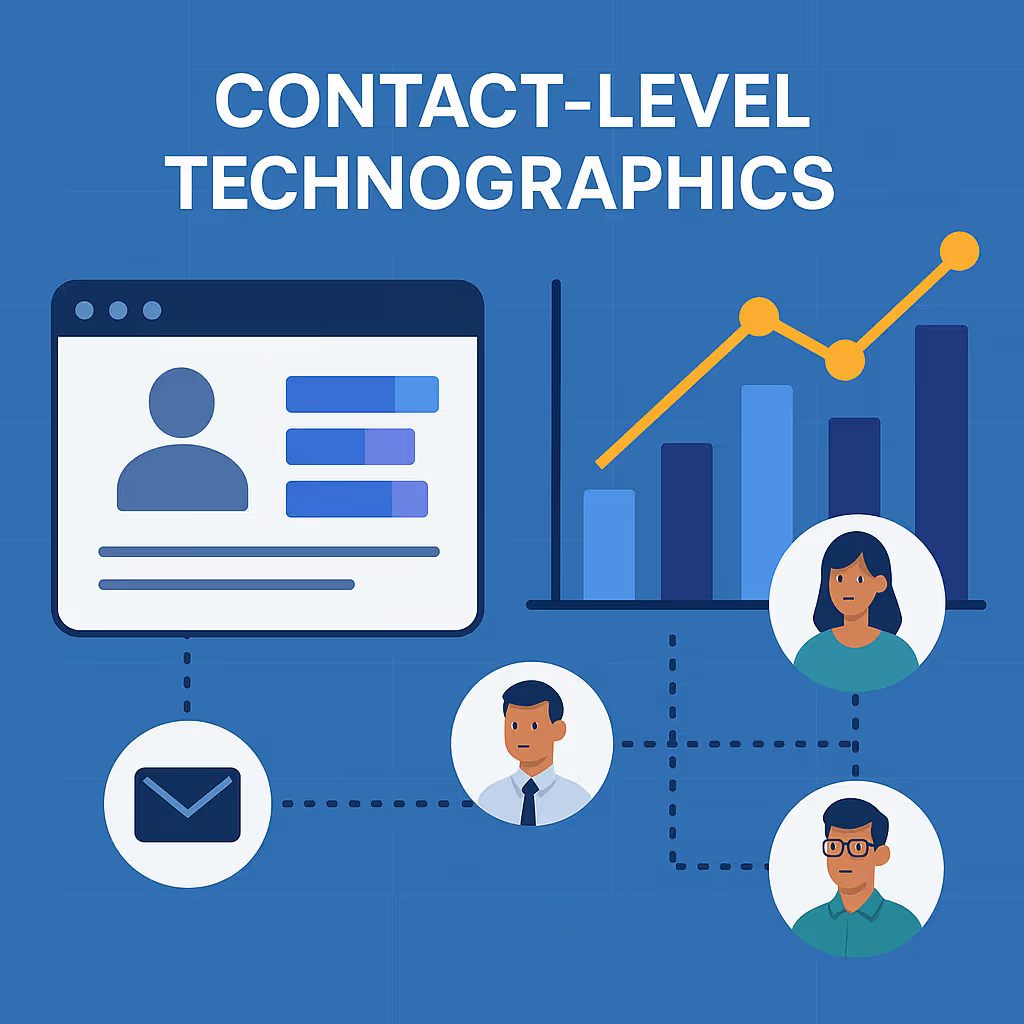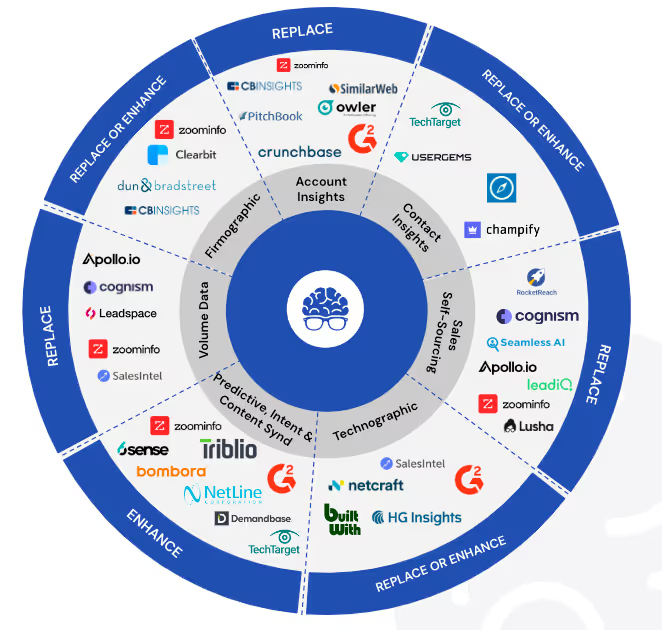The recent ruling in favor of Vancouver-based ZoomInfo, amidst a class-action lawsuit challenging its data collection methods, marks a pivotal moment in the ongoing dialogue about data privacy, proprietary data acquisition, and the ethical boundaries of data utilization in the B2B space. This opinion piece delves into the implications of this ruling, privacy concerns, and the broader impact on the data and technology landscape.
A Narrow Escape with Broad Implications
ZoomInfo's triumph in dismissing 13 of the 14 claims against it does not merely signify a legal victory for one company but sets a precedent that may influence the operations of B2B data providers globally. The heart of the lawsuit—how ZoomInfo acquires its proprietary data, specifically through user consent to access emails—touches on the delicate balance between innovative data utilization and individual privacy rights. This case highlights the intricate dance between leveraging data for business insights and adhering to the stringent privacy standards set forth by laws like the CCPA.
The Implications of CCPA and Other Data Privacy Controls
The CCPA, along with other data privacy regulations like GDPR in Europe, has redefined the landscape of data privacy, offering consumers unprecedented control over their personal information. These regulations not only mandate the transparency of data collection practices but also empower individuals with the right to know about, access, and even delete their personal data collected by businesses. For companies like ZoomInfo, which rely on vast amounts of personal and professional information, such regulations necessitate a thorough examination of data collection methodologies to ensure compliance.
The ZoomInfo ruling thus serves as a crucial case study for data-driven businesses, signaling that while innovative data practices can offer competitive advantages, they must be balanced with rigorous adherence to privacy laws. The fine line between collecting data for legitimate business purposes and respecting individual privacy has become even finer with the advent of CCPA, highlighting the need for businesses to be transparent about their data practices and to secure explicit, informed consent from individuals
The Privacy Paradox
At the core of this discussion lies a paradox that modern businesses and consumers grapple with daily: the trade-off between personalized, efficient services and the right to privacy. While users and businesses crave personalized experiences and insights that only a rich dataset can provide, there's an increasing awareness and concern over how personal data is sourced, shared, and sold.
ZoomInfo's model, based on user consent to scan emails for business information, raises questions about the transparency and awareness of such consent. The case underlines a broader industry issue: many users do not fully understand or are unaware of the permissions they grant and the extent of data access they allow.
The Beginning of a New Data Acquisition Era
This ruling signifies more than a momentary legal resolution; it heralds the beginning of a new era in data acquisition. As data becomes the lifeblood of the digital economy, the methods of collecting, processing, and using this data are under increased scrutiny. The ZoomInfo case may just be the tip of the iceberg as we venture into deeper waters of data privacy laws and regulations.
Regulatory Reckoning and Industry Shifts
The outcome of the ZoomInfo lawsuit should serve as a wake-up call for the B2B data industry. It underscores the need for clearer guidelines and regulations that address the nuances of data collection and consent in the digital age. Businesses must navigate these waters with a compass calibrated by ethical considerations, transparency, and respect for privacy.
We may see a shift towards more innovative and less intrusive methods of data collection, emphasizing ethical AI and machine learning models that can predict or infer data without direct access to private communications. This approach not only aligns with evolving privacy standards but also with public sentiment favoring data protection.
The Call for a Data Ethic Framework
The discussion surrounding ZoomInfo's case and its broader implications point to an urgent need for a comprehensive data ethic framework. Such a framework should guide companies in developing technologies and practices that respect individual privacy while still allowing for the innovation and efficiency that data can provide.
Conclusion
The ZoomInfo case marks a critical inflection point in the ongoing conversation about data privacy, highlighting the delicate balance that must be struck between harnessing data for business advantage and upholding the sacrosanct principle of individual privacy rights. As we progress, the interplay between data innovation and privacy will remain a contentious arena, with frameworks like the CCPA and GDPR setting the stage for this complex dance. The businesses poised to thrive in this new era are those that not only push the envelope in data innovation but also champion transparency, accountability, and a deep commitment to protecting individual privacy.
Expanding upon this, there's reason to believe that we might be witnessing the initial stages of a significant shift away from models like ZoomInfo's Community Edition. This model, predicated on users sharing access to their email data in exchange for information, is increasingly at odds with the stringent privacy expectations and regulatory requirements of today's digital landscape. Observations suggest that ZoomInfo may already be pivoting away from this approach, likely in anticipation of these evolving norms and the potential for increased scrutiny. Anecdotal evidence points to a perceived decline in the quality of data provided by ZoomInfo, which could be indicative of a strategic realignment or a shift in data collection methodologies away from more intrusive practices.
This potential pivot could signal the beginning of the end for data collection models that rely heavily on user consent to access personal and professional information via email or other means. The implications of such a shift are profound, not only for ZoomInfo but for the entire B2B data industry. As privacy regulations become more stringent and consumers grow more protective of their digital footprints, the sustainability of such models is called into question. Companies in this space may need to innovate towards more privacy-compliant, ethical ways of collecting and utilizing data that do not compromise user trust or violate emerging legal standards.
In light of this, the future of data-driven business practices is likely to be characterized by an increased emphasis on methodologies that prioritize user consent, data minimization, and transparency. We may see a rise in the use of AI and machine learning technologies to generate insights from aggregated, anonymized data sets, rather than relying on direct access to personal or sensitive information. Such approaches could serve to mitigate privacy concerns while still enabling businesses to derive valuable insights and maintain competitive edge.
Ultimately, the evolution of the ZoomInfo model and similar data collection practices is emblematic of a broader industry trend towards more ethical, privacy-conscious data strategies. This shift is not just a response to regulatory pressure but a necessary adaptation to the growing demand for privacy from consumers and businesses alike. As we navigate this transition, the companies that lead the way in adopting and advocating for responsible data practices will likely set the standard for the future of the data industry, heralding a new era of privacy-aware innovation.



